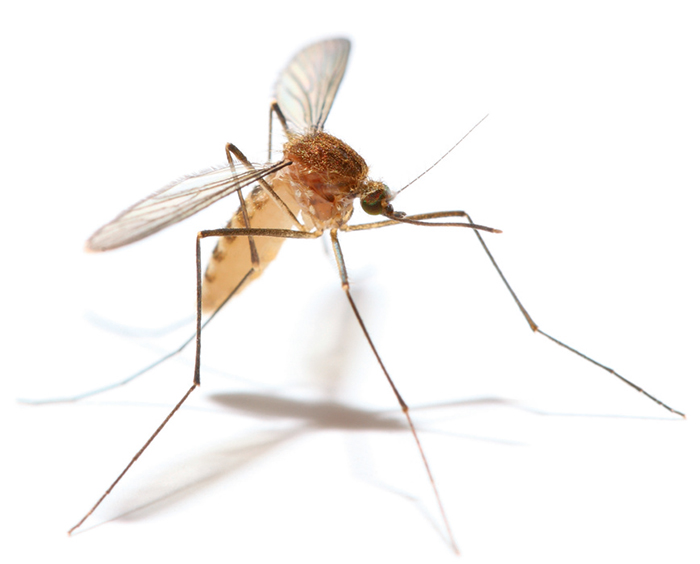NPA viewpoint: Zika virus disease
In Opinion
Follow this topic
Bookmark
Record learning outcomes
It’s the depths of winter, but many people will be planning summer holidays. With Zika virus disease an increasing concern this year, the NPA has all the information pharmacies need to reassure customers
According to the Holiday Let Exchange website, nearly 30 per cent of summer breaks are booked by the middle of February, so now is an opportune time for pharmacies to offer advice on travel health.
Recently, pharmacy teams have been contacting the NPA about an outbreak of the Zika virus disease, an emerging mosquito borne viral infection. While the virus does not occur naturally in the UK, outbreaks have been recorded in Africa, the Americas, South and South East Asia, the Caribbean and the Pacific.
How is the Zika virus transmitted?
The virus is transmitted to people through the bite of an infected female Aedes mosquito. This mosquito is most active during the day, especially mid-morning and late afternoon into dusk. Sexual intercourse may also spread the virus.
What are the symptoms?
Many people do not experience any symptoms. If symptoms are present, they are usually mild, self-limiting and last for around two to seven days. Common symptoms include:
- Low grade fever
- Skin rash
- Conjunctivitis or red eye(s)
- Joint pain, with possible swelling, mainly affecting smaller joints in hands and feet
- Eye pain
- Muscle pain
- Headache.
What risks does the Zika virus pose to pregnant women?
There is evidence that pregnant women who contract the Zika virus at any stage of pregnancy have an increased risk of giving birth to a baby with an abnormally small head (microcephaly). Pregnant women or those planning to become pregnant should be advised to consider postponing travel to any region with a known outbreak of Zika virus disease.
If pregnant women must travel, they should take all necessary precautions to minimise the risk of a mosquito bite. Pregnant women who suspect they have Zika virus disease should consult a doctor for close monitoring during their pregnancy.
How can travellers reduce the risk of contracting the virus?
The best form of prevention is protection against mosquito bites. Travellers should be advised to:
- Use insect repellents that contain N,Ndiethyl- meta-toluamide (DEET) on exposed skin. Up to 50 per cent strength can be used by pregnant and breastfeeding women, and on infants and children older than two months. Check the product information for age restrictions
- Wear loose clothing (preferably lightcoloured) that covers as much of the body as possible, particularly the arms and legs
- Use physical barriers against mosquitoes, such as screens, closed doors and windows, and sleep under mosquito nets
- Pay particular attention to those who may not be able to protect themselves adequately, such as young children, sick and elderly people.
What is the treatment?
There is no specific, direct treatment or vaccine available. Patients should be advised to get plenty of rest and drink plenty of water. Paracetamol can be recommended to treat pain and fever. Aspirin and nonsteroidal anti-inflammatory drugs (NSAIDs) are not recommended due to the potential risk of triggering excessive bleeding.
Patients should seek medical advice if symptoms worsen or are still present after one week. NPA members can download the NPA’s quick reference guide on Zika virus disease, which is available at the NPA website for more information. Recommendations may change as further information becomes available.

